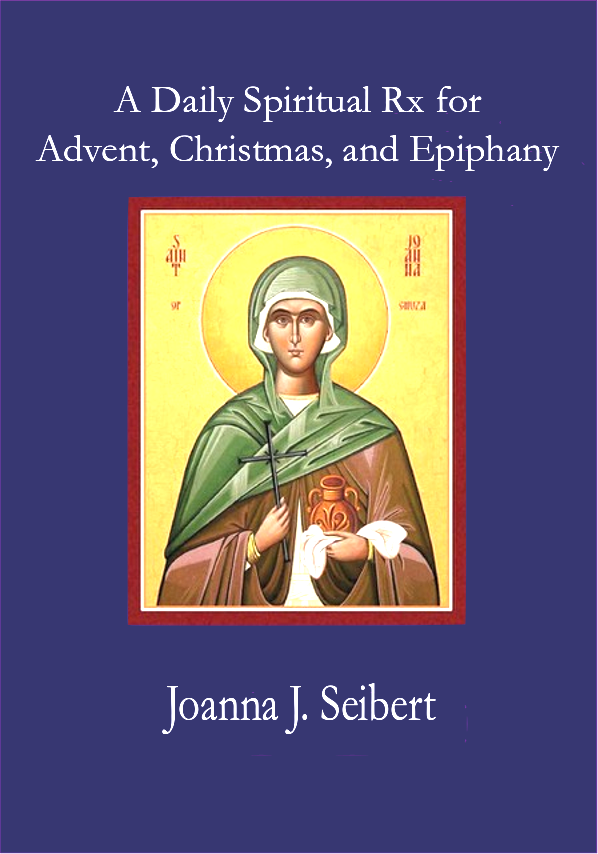“But Ruth said, ‘Do not press me to leave you or to turn back from following you! Where you go, I will go; your people shall be my people, and your God my God.’”
—Ruth 1:16.
In August we celebrated my mother-in-law’s 111th birthday. She died when she was 81. Our church tradition honors people on the day of their death. Our family still remembers those we love on their birthday. I think this is because we remember the ways we celebrated their birthdays—or maybe for some unknown reason their love, their presence seems closer to us on their birthday. My daughter and granddaughter are named for her. Elizabeth taught school, second grade, for more than forty years. Her class was called Happy Town. I keep wondering if any of her thousands of students remember her. They do not know that August 30th is her birthday.
I try to Google her to find out the exact day she died. I do not find her. There is no Google picture of her either. But my life was changed by knowing her: her acceptance of me, her love for her grandchildren. There are so many saints like Elizabeth who changed people’s lives, many people’s lives, but are unknown to many.
When Elizabeth died I remember asking her in my prayers to watch over our children like a guardian angel, and I promised I would care for her beloved husband Bob who was left behind. Well, Elizabeth did a much better job of watching over our children than I did caring for Bob.
Whenever our children were away from home, my prayers would be to Elizabeth to be with them. I know she truly was, reminding them in some way that they were loved, keeping them out of harm’s way.
I do feel her presence today, telling me that all shall be well, all shall be well.
My prayer is that others may remember and honor the Elizabeth who encouraged them and taught them about the unconditional love of God, just as Mary’s Elizabeth did for her.
Joanna . joannaseibert.com





